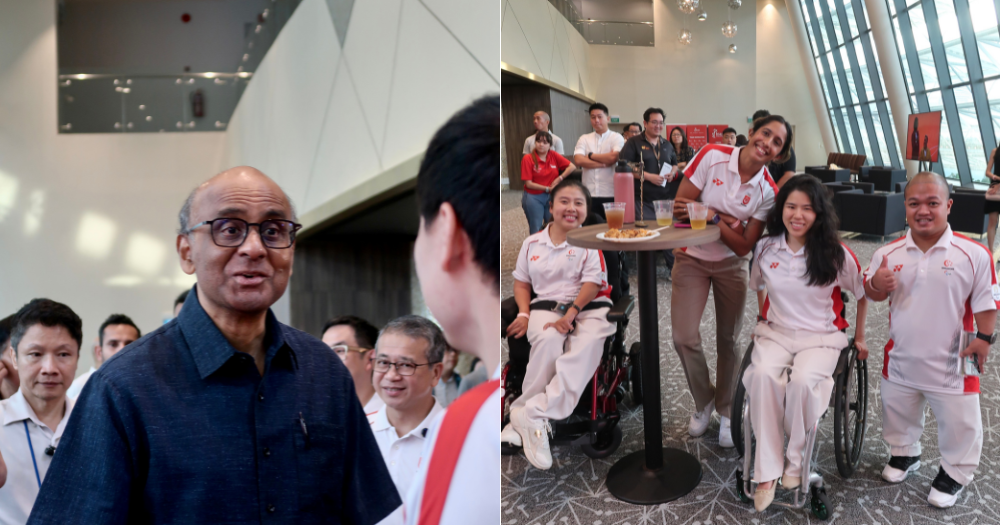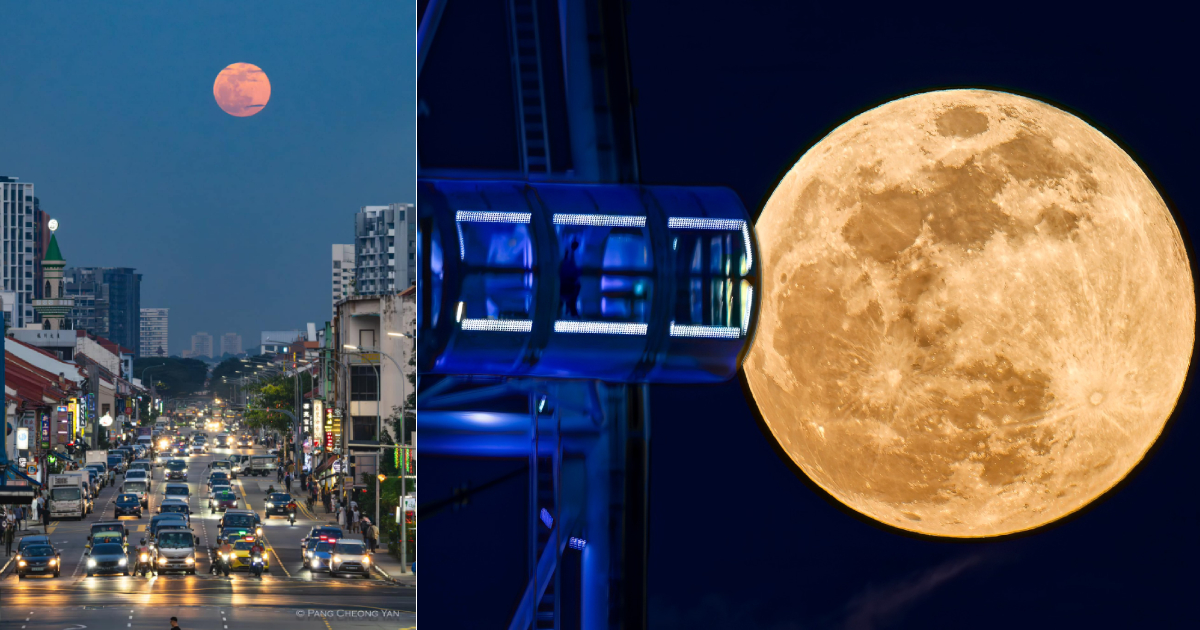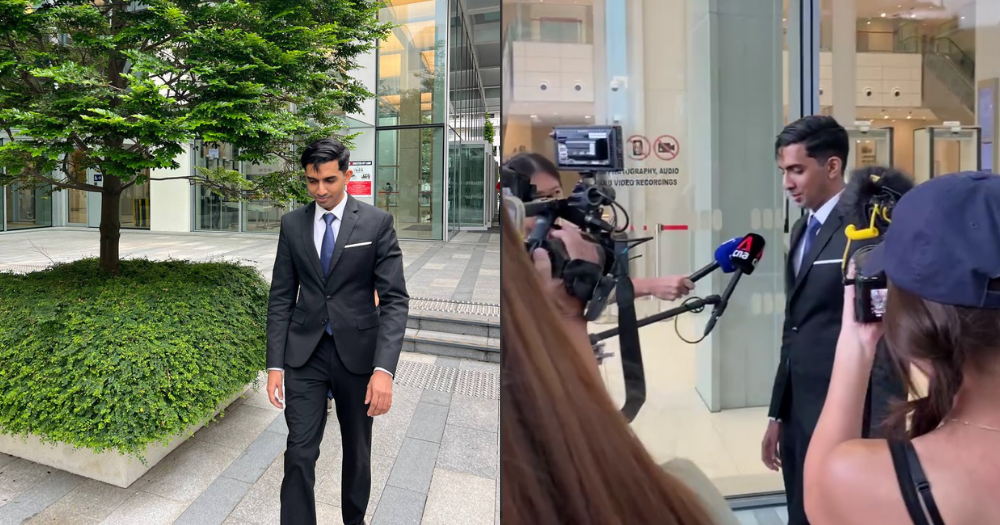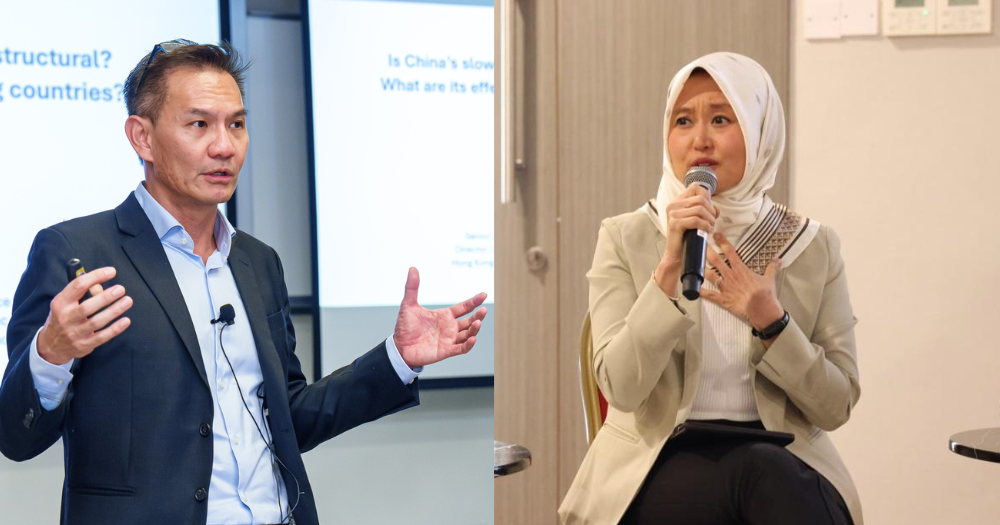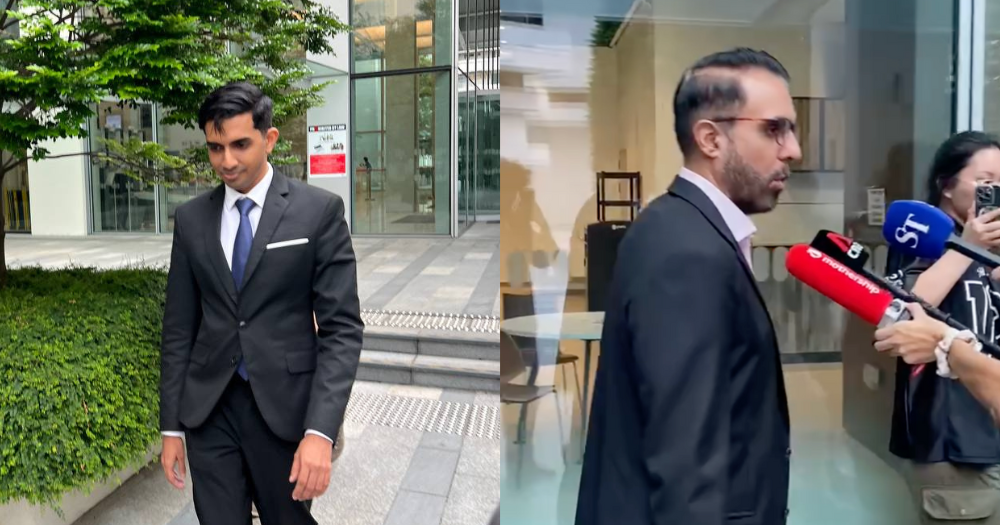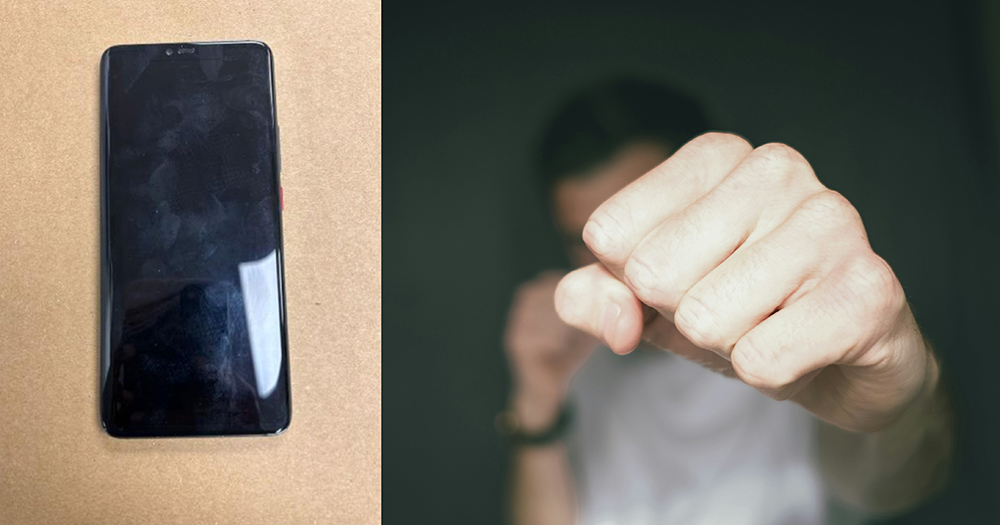The world is much better off with today's China, than decades ago: SM Lee
He also spoke about the "Singapore-washing" phenomenon.
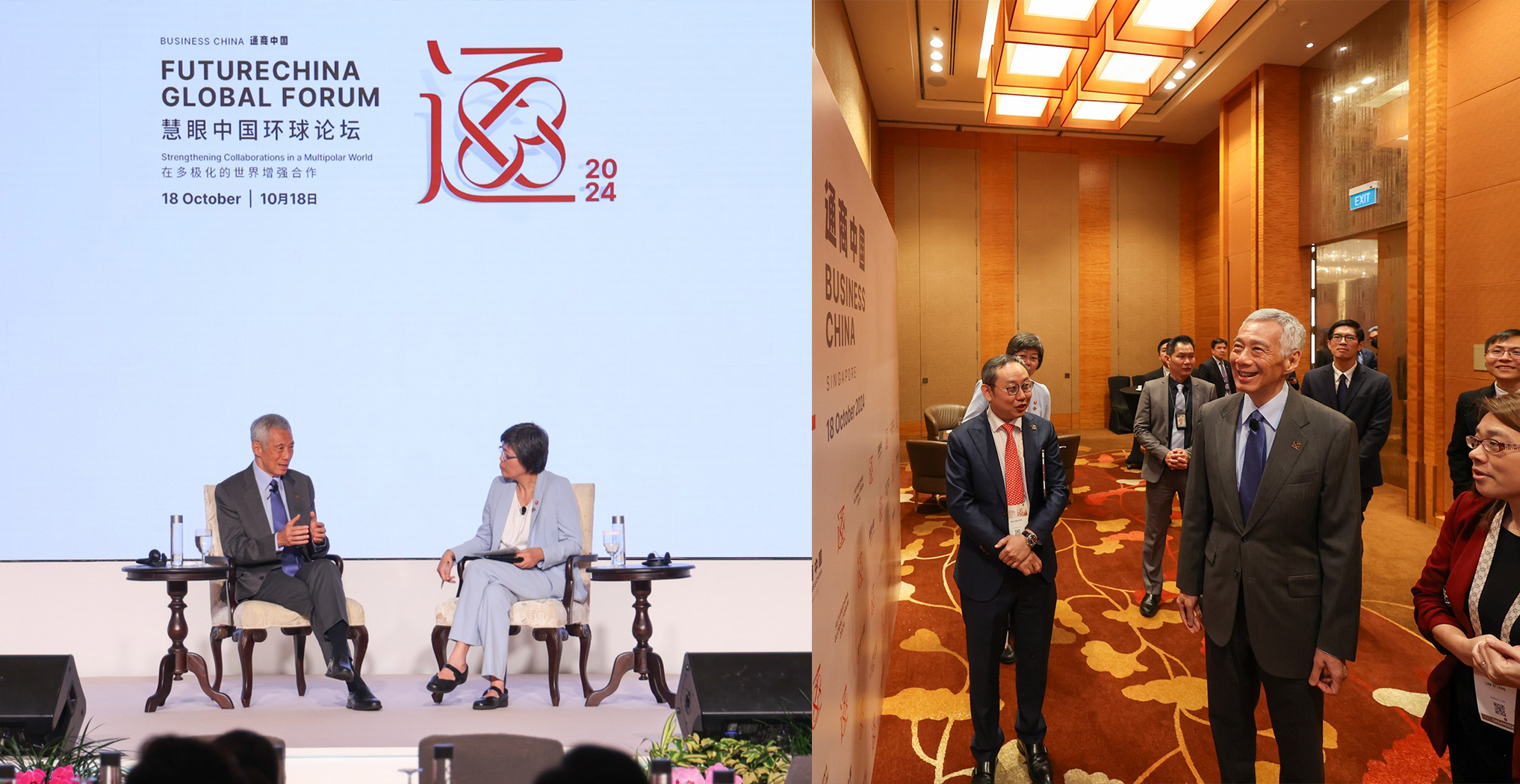
As China has grown in size and modernity, it has run into difficulties with other developed countries like the U.S.
But the issue, not the problem, is that China has changed substantially over the past few decades, said Senior Minister Lee Hsien Loong.
"There is no doubt that for the world, we are much better off with China like it is today, than with China as it was 30 or 40 years ago or 50 years ago," he said. "But it means that there has to be an adjustment."
Speaking at the 15th FutureChina Global Forum at Marina Bay Sands on Oct. 18, SM Lee said that as its heft, influence, and interests have shifted, accommodations must be made on both sides.
Concessions made for a smaller economy need to be revamped, other countries have to get used to a powerful China
On China's end, it needs to re-negotiate the concessions it made for its previously-small economy: government subsidies and market protectionism, for instance, which may no longer be "politically tenable" for a global superpower.
Whereas other countries must get used to the fact that there is going to be a very big, powerful, and developed China in the world.
"And we have to have some way to induct them into the global system and to accommodate their legitimate concerns and interests," SM Lee said.
"If you do not do that, and you say, 'No, I do not want China to be strong. I want it to remain always number two or better still, number 2.5', I think that is going to head for a lot of mutual distrust and difficulties."
With great power comes great responsibility
The moderator asked if it would help if China could "explain itself better."
SM Lee replied that while talking is always useful, there also had to be an acknowledgement of "real issues", hard points, and how both sides are prepared to accommodate the other.
"Because of China's size, sometimes China will feel, 'But the other countries are doing it, why can I not?' And the answer is, well, 'What to do? They are small, you are big,'" SM Lee said.
Perhaps echoing Peter Parker's uncle in Spider-Man, SM Lee added: "When you are big, you have greater influence; but at the same time, there comes with it greater responsibilities, and the need for restraint."
The alternative is a world without international order, where the weak are eaten by the strong, ruled by the "law of the jungle."
That, SM Lee said, would see everyone worse off. This includes even powerful countries, as they would fight each other.
"So, the great countries, the big countries, have to have a certain self-awareness and restraint and say, 'Well, I am entitled to this, if you consult your lawyers and international law. But I restrain myself.
'I am not only aiming to be stronger than others, but also to be accepted, respected, and if possible, to have others also admire me and want to have me as their friend.' I think that is the process."
The danger of mutual underestimation
SM Lee also spoke about specific tensions between the West and China.
Addressing questions by the moderator about whether China's industrial subsidies have led to over-capacity, SM Lee said that he did not believe that was a problem.
Instead, the problem was with China's export surplus, he said.
With China's high savings rate and low domestic consumption demand, it ends up exporting some of its savings to the rest of the world, including in building and construction — which, SM Lee believes, "has gone too far, and that is a problem, and that has to [be] cut back".
This leads to a deficit for other countries. The solution, he said, would be to increase domestic consumption and bring the economy "into a better external balance".
But even as China continues to grow — albeit perhaps slower than it used to, economy-wise — it would be "very unwise to write off China".
He explained that while China's population and workforce are not growing, these are not things that have to "bind and paralyse it".
For instance, rural-urban migration is an ongoing process; the retirement age remains low but can still be moved upwards; and, importantly, the Chinese people "are quite determined".
SM Lee also highlighted areas where China is "world-class", including the development of electric vehicles and solar panels.
"This works in both directions...I think both sides [China and America] have this danger of underestimating the other," he added.
Singapore and China
Finally, SM Lee spoke about Singapore, and the impact of the many Chinese companies that have recently set up shop here.
He also addressed questions of "Singapore-washing", a phenomenon in which Chinese companies move to Singapore to purportedly sidestep US-China geopolitical tensions.
"Well, we do not usually use labels like that," SM Lee said.
He added that Singapore welcomes reputable companies from all over the world, from countries like the U.S., the UK, Japan and others to make use of the business environment, infrastructure, and networks here.
"So if the Chinese come, they are good companies — they create jobs, they pay well, they bring technology, they bring markets — I say 'come'."
However, he said that no one would believe that a foreign company is Singaporean just because it's based in Singapore.
Singaporeans work for companies belonging to all kinds of shareholders, and "on that basis, you are welcome in Singapore", he added.
"But of course, we would like to know where you come from and what your antecedents are," he quipped. "Because if it turns out that you are not the one we think you are, we also would like to make a few more inquiries."
Top image from Lee Hsien Loong/Facebook
MORE STORIES









